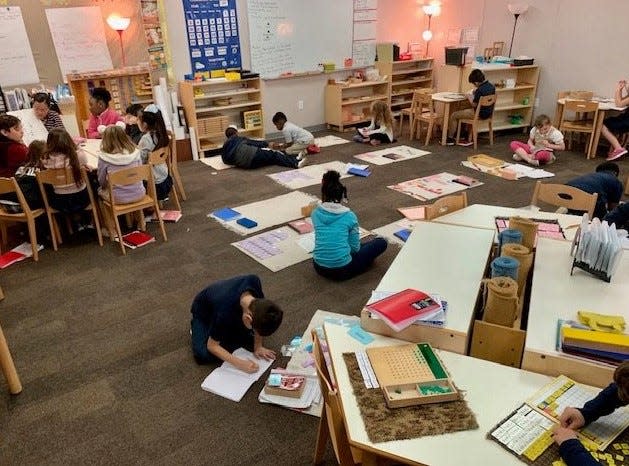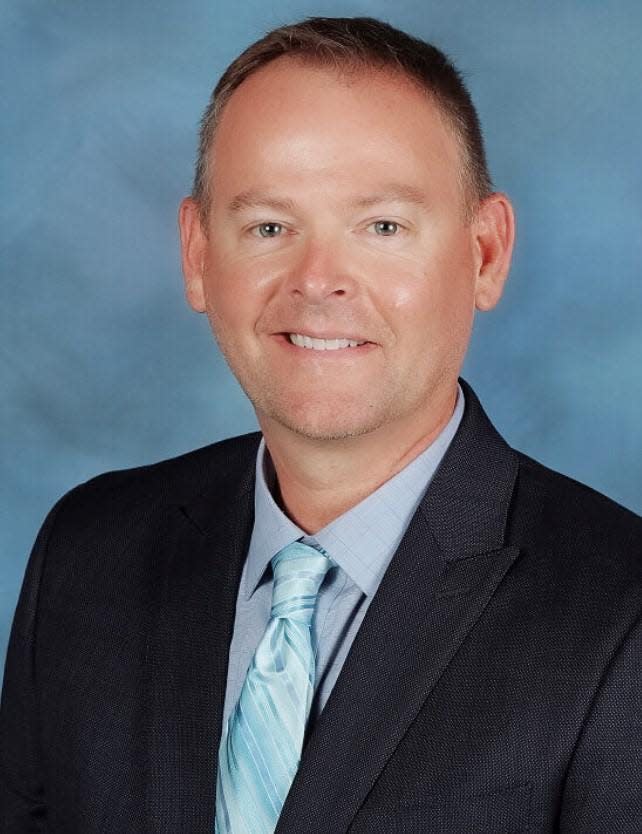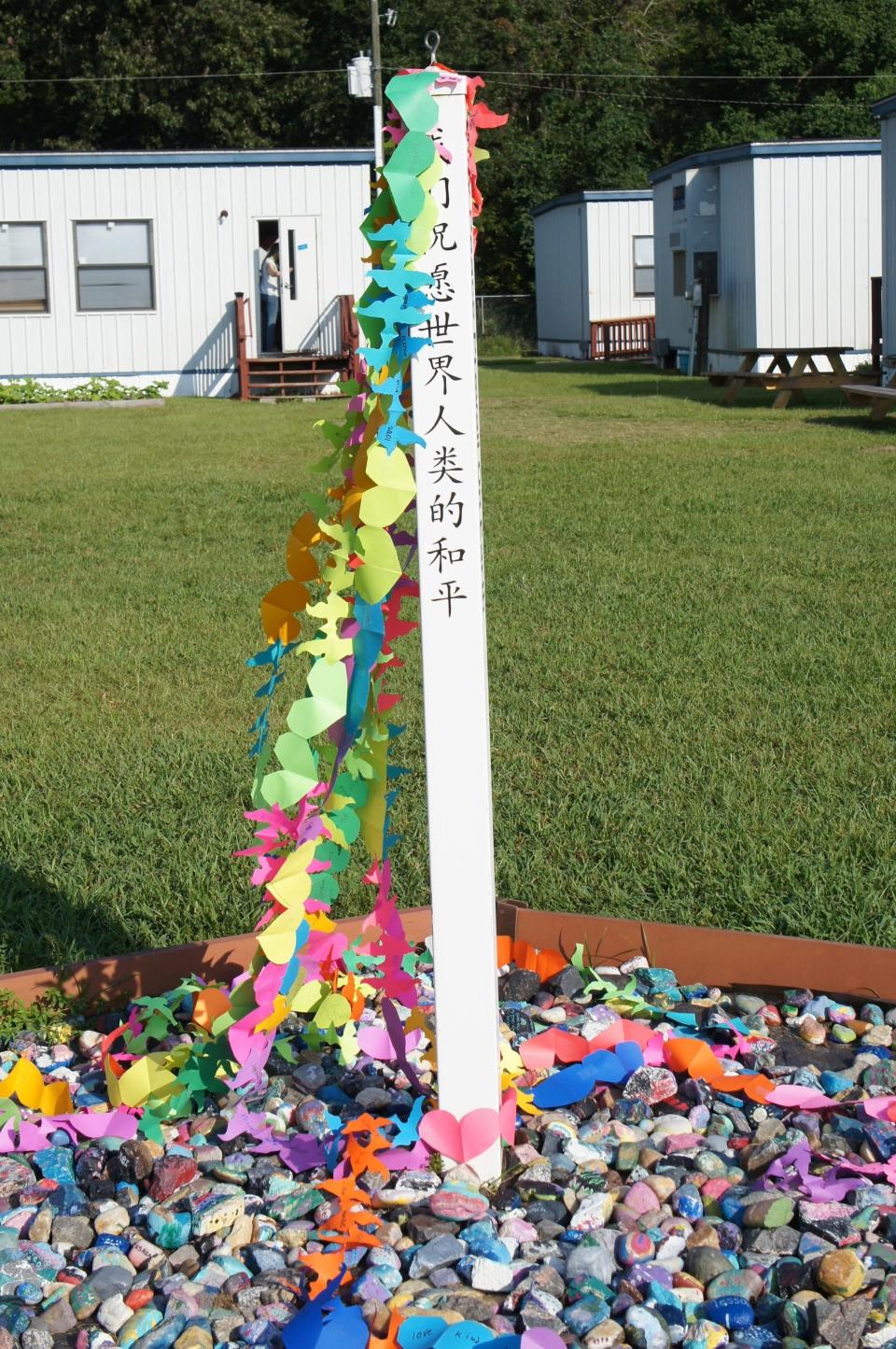Two charter schools sue Savannah-Chatham school district over funding dispute

Citing instances of breach of contract, a lawsuit filed on behalf of two Savannah-Chatham County charter schools is winding its way through civil court.
Savannah Classical Academy and Coastal Empire Montessori (CEMCO) allege that the Savannah Chatham County Public Schools district acted in bad faith when it demanded that previously allocated funding be returned after the schools' enrollment fell below projections.
The lawsuit was filed in Fulton County Superior Court in December 2019.
The district alleges that the charter schools accepted funds based on higher school enrollments in 2017 and 2018, but when full-time enrollment at both schools dipped in 2019, the district asked for the difference in the funding to be returned by the schools.
Savannah Classical and Coastal Empire say the district is violating the “hold harmless” clause in their contracts, which entitles them to the funding upon which they based their budgets.
School districts use midterm allotment sheets from the state Department of Education after the March student count. In 2019, these counts showed that the two charter schools had served fewer students than they did in the 2018-2019 school year. Enrollments are reported in March and October each year.
“The school board resolved in June 2019 to collect the excess payment, and to do so over a period of time," said Lee Holliday, SCCPSS school board attorney. "Although they had served fewer students than the initial allotment sheet indicated, the two schools still objected, and this litigation ensued."
More: Savannah-Chatham Public School System opens food pantry in Bloomingdale
The district had asked Savannah Classical Academy to pay back $591,953; and Coastal Empire Montessori to pay back $390,593 — funds that were initially allotted for the 2019 school year, based on previous year's enrollment.
Enrollment at Savannah Classical Academy dipped from 484 in 2017 to 388 in 2018, then 311 in 2019. It has since bounced back to 409 for 2020-21. Enrollment figures for Coastal Empire Montessori showed a decline of 49 students (295 to 246) from 2017-2019. CEMCO currently has 247 students.
Charter schools use the the allotment to cover a variety of costs — everything from staff salaries and benefits to operations to books and supplies — since they are privately managed outside the umbrella of the district. The schools must adhere to a strict set of rules that include offering the state-mandated curriculum for each grade, administer state-mandated testing; and offer services to special needs students as required by law — and be free to all students.
Because the money has already been allocated by the state, the schools understand that if for any reason they don't use all of it, the state doesn't require them to send the surplus back. The two charter schools argue in their lawsuit that since the state does not require the return of excess funds, the district should not, either.
However, in future years, the state will reduce the schools' allocation based on lower enrollment numbers, unless the enrollment goes back up.
“So what happens to the difference is what's called ‘hold harmless.' And moving forward, [the state says] 'we're going to reduce your budget because your numbers went down’," explained Barry Lollis, executive director of Savannah Classical Academy.

The charter schools allege that when the district asked for the difference in the funds to be returned, it violated that part of the contract. Once the lawsuit was filed, the district was prevented from taking any money back from the two schools.
More: Ready, player? Game coding introduces students to fun, rewarding career
The charter schools have requested a jury trial, but it has not been scheduled. The case is making its way through the court system currently in the discovery phase.
The district filed a response with the court in January 2020 requesting that all counts against the district be dismissed except for the alleged breach of contract (two separate counts).
Among the requested allegations to be dismissed are counts naming the Board of Education and its individual members as defendants. In making that request, the district said, “The (board of education) is not a legal entity capable of suing or being sued on a contract; and the individual defendants are not in privity to any contract and cannot be personally liable on any such contract.” The district further states in its response that it is the schools that are in breach of contract and not the district.
On March 14, the Georgia Supreme Court declared a statewide emergency due to COVID, which has delayed normal court proceedings.
At a Zoom hearing held June 10, the court granted the district's request to dismiss the charges naming district superintendent Ann Levett, the Board of Education and the individual board members as defendants. The case is moving forward naming only Savannah-Chatham County Public Schools System as the defendant.

More than ESPLOST
The litigation dispute doesn’t include the millions of dollars generated for the district from Education Special Purpose Local Sales Tax (ESPLOST) revenue.
Charter schools do receive some ESPLOST funds for technology upgrades, but “the lawsuit has nothing to do with ESPLOST funding,” said Bill Kovach, CFO of Coastal Empire Montessori (CEMCO).
Funding from the district is crucial to CEMCO. When the district requested that the charter schools return the overpaid funds, leaders from both schools indicated that it would place a financial hardship upon them. They argue that no such requirement was made of the regular public schools within the district.
More: GMAS testing weight may be reduced to almost zero
In addition to funds that cover the costs of running the school, CEMCO would like to have enough money to buy or build a permanent location. It has been using portable trailers — and paying rent — since its inception.
“The school has never been able to generate enough funding to move into a permanent structure,” Kovach explained. “For years the thought was that we would build something on our existing site, but with the 10 million square-foot warehouse development going on behind us, that thought has become an impossibility.”
CEMCO proposed to the district to allow them to move into Gould Elementary when those students move to the new K-12 school currently under construction in Garden City, but the district has given CEMCO a lukewarm response.
“The board of education has already approved a resolution that Gould will not be used by SCCPSS for an educational facility once this move takes place,” Kovach added. “If Gould is not in the cards for us, we would utilize ESPLOST funds to purchase and modify, or purchase land and build a new building(s) that would provide CEMCS with a permanent home.”
Holliday added that COVID limitations on the courts have delayed the litigation, but the parties are cooperating to allow the case to be decided by the court.
This article originally appeared on Savannah Morning News: Charter schools sue Savannah-Chatham over funding calculations

